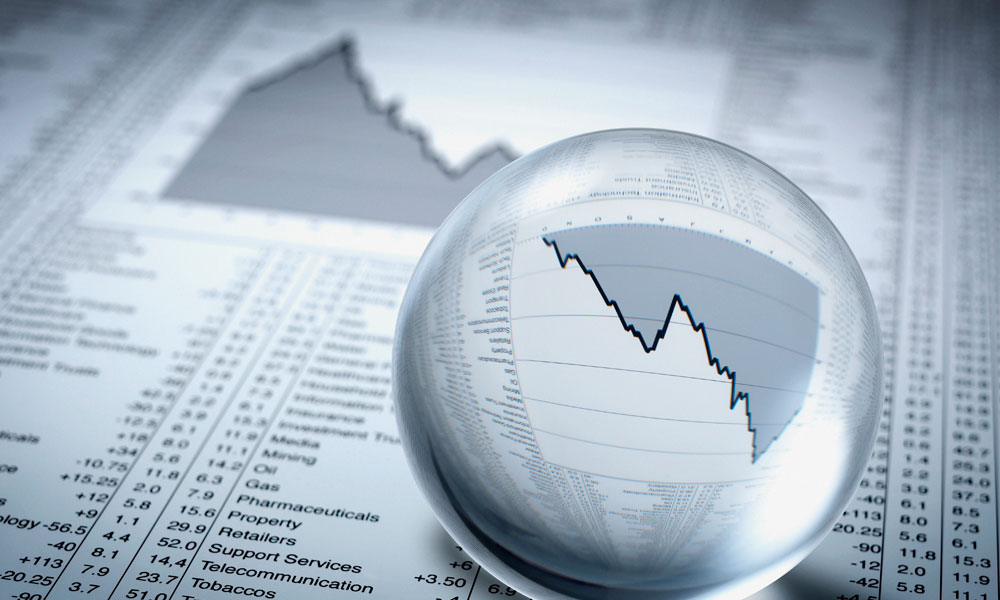
The Role “Uncertainty” Plays With Unemployment
A Federal Reserve study blamed the stubbornly high unemployment rate on "uncertainty." How does that translate to real-world decisions?
Have you ever held back on filling an open position — or expanding in general — because you weren’t sure, long-term, whether economic conditions would allow for it?
You may be experiencing the effects of the uncertainty that Federal Reserve researchers Sylvain Leduc and Zheng Lu claimed has kept the unemployment rate above 8 percent since the beginning of the late 2008 financial crisis.
“Had there been no increase in uncertainty in the past four years, the unemployment rate would have been closer to 6 percent or 7 percent than to the 8 percent to 9 percent actually registered,” they wrote in a new report titled “Uncertainty, Unemployment, and Inflation.”
Economists have long cited a high level of uncertainty as a driving factor of continuing economic struggles — basically, if businesses aren’t sure things are going to improve, they won’t expand. And that puts a damper on hiring.
However, that doesn’t necessarily mean that uncertainty and recessions go hand in hand. In fact, the study states that uncertainty played little to no role in an early-1980s recession.
But with a slow recovery that continues to teeter, there’s worry that the economy might falter once again — something the study blames on interest rates that are already at their lowest point, which took away a key tool for long-term recovery.
“However, in the recession and recovery, nominal interest rates have been near zero and couldn’t be lowered further,” the study states. “As a consequence, high uncertainty has been a greater drag on economic activity in the Great Recession and recovery than in previous recessions.”
How is uncertainty dragging down your association’s industry?






Comments